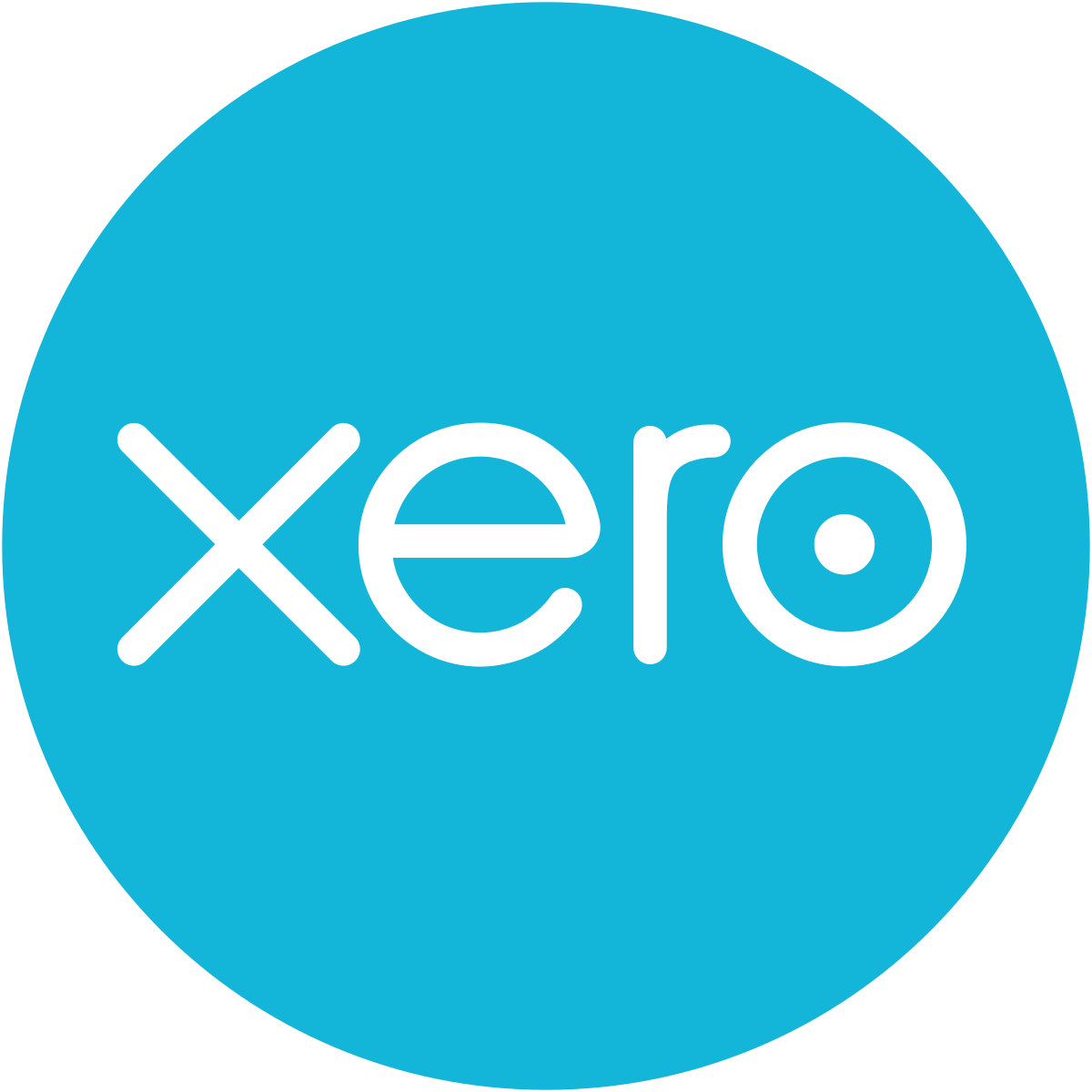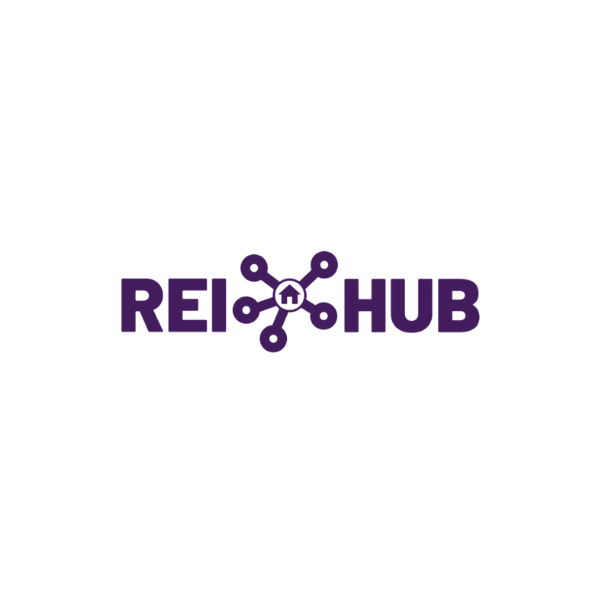What is Real Estate Accounting?

Real estate accounting refers to the process of managing and tracking financial transactions related to real estate investments. This includes recording income, expenses, tax obligations, and other financial activities. It encompasses key components such as understanding financial statements, tracking income and expenses, and ensuring compliance with tax laws specific to the real estate industry.
This specialized form of accounting is essential for maintaining financial health, ensuring regulatory compliance, and providing insights to make strategic decisions. From tracking rental income to managing property maintenance costs, real estate accounting provides a structured approach to handling the financial intricacies of real estate transactions.
Why is Real Estate Accounting important?

Effective real estate accounting serves as the backbone of financial management for real estate professionals. Accurate financial records enable better operational efficiency, support strategic planning, and simplify compliance with local, state, and federal tax regulations. By maintaining detailed records, real estate agents, investors, and landlords can reduce the risk of errors, fraud, or mismanagement of funds.
Moreover, real estate accounting aids in risk mitigation and informed decision-making. Detailed financial insights derived from well-maintained records help professionals plan for market fluctuations, budget effectively, and ensure the long-term sustainability of their real estate business.
What are the core principles of Real Estate Accounting?

The foundational principles of real estate accounting ensure accurate and reliable financial management. Starting bookkeeping early helps manage future complexities as the business grows. The core principles include:
- Revenue Recognition: Properly recording rental income, sales proceeds, and other revenue streams when earned. For property sales, revenue is recognized when all significant risks and rewards are transferred to the buyer. Rental income, on the other hand, is recognized over the lease period as it is earned.
- Expense Matching: Associating expenses with the revenue they generate to assess profitability accurately. For example, repair costs and property management fees should align with the period in which rental income is recognized.
- Cost Principle: Recording properties at their original acquisition cost, including purchase price and associated transaction fees, rather than adjusting for market value changes.
- Consistency: Applying uniform accounting methods over time to facilitate comparability and trend analysis.
- Transparency: Maintaining clear and accessible financial records to support audits and reviews. Financial statements should disclose all relevant information, such as property valuation methods, depreciation, and realized or unrealized gains or losses.
- Conservatism: Exercising caution when reporting financial information, acknowledging potential expenses and liabilities promptly while recognizing revenue only when it is certain.
- Materiality: Ensuring financial reports include all material facts that could influence decision-making, such as key expenses or changes in market conditions.
- Depreciation: Systematically allocating the cost of properties (excluding land) over their useful life to reflect wear and tear.
- Economic Entity Assumption: Separating business finances from personal finances to ensure clarity and accuracy in financial reporting.
Is there Accounting Software for Real Estate Agents & Investors?

Accounting software tailored to the needs of real estate professionals can significantly streamline financial management. General accounting software like QuickBooks and Xero offers robust tools for basic accounting needs. In contrast, specialized real estate accounting software such as Landlord Studio and Buildium provides industry-specific features like rent collection and property management features.
These essential investment property accounting software tools help track income, provide financial reports such as cash flow statements, and prepare for tax payments. Some options integrate real estate accounting with property management tools like processing online rent payments for a comprehensive solution.
Real Estate Accounting Software Pros & Cons

Pros:
- Streamlined property management and accounting in one platform.
- Cost-effective options for small-scale operations.
- Saves time on administrative tasks.
Cons:
- High costs for comprehensive tools like QuickBooks.
- Per-unit pricing may add up for larger portfolios.
- They often don’t allow the flexibility to do things that aren’t property-related.
What are the best Real Estate Accounting Software options?
Choosing the right accounting software is essential for optimizing financial management in the real estate industry. Before deciding, compare accounting features, real estate-specific options, and more.
Below are some of the top options to consider:
QuickBooks Online
QuickBooks is the leading accounting software used by the majority of accountants in the US and many small businesses. The software service’s vast accounting tools and scalability for all business sizes make it our best pick. Having more than 28 years of experience, this platform has earned an excellent reputation.
With 6.5 million users, it has become one of the most trusted real estate accounting solutions. It allows for tracking expenses, invoicing, and generating financial reports. Its seamless integrations with apps like TSheets make payroll and time management a breeze, making it a smart, full-service pick for property managers.
Xero

Xero provides a beautiful, simple interface along with intuitive financial reporting capabilities. Its cloud-based platform makes real-time collaboration between accountants and property managers possible.
Automation features, such as automated bank reconciliations and customizable financial statements, simplify the day-to-day real estate accounting processes. Xero‘s accounting tools are especially useful for smaller businesses that want robust reporting capabilities but don’t want to deal with a complex learning curve.
FreshBooks

FreshBooks is praised for its intuitive design and powerful expense-tracking capabilities. It makes it easy to invoice clients, track payment progress, and keep your project budgets on point.
Its time-tracking feature is particularly useful for agents who manage multiple properties. Plus, it allows online payment collection, making rent collection easier and faster for landlords and tenants.
AppFolio

AppFolio merges property management and accounting into a single solution. Like QuickBooks, it’s designed for small businesses, including those in real estate, with features to track rent payments, manage leases, and create financial reports.
AppFolio’s automated late fee reminders and other workflows save property managers time. This accounting software is perfect for anyone managing a portfolio of rental properties. It is a popular choice among real estate investors who manage large rental portfolios.
Buildium

Buildium is an all-in-one accounting and property management software solution. It includes industry-specific features like bank reconciliation, expense tracking, and tenant communication tools. Buildium’s integration with 1099 e-filing takes the stress out of tax season for real estate professionals. It’s ideal for real estate holders and managers of residential and commercial properties. Buildium is designed for managing large portfolios and includes a robust accounting suite.
REI Hub

REI Hub is specifically designed for real estate investing, offering features such as rental income tracking and property-specific financial reporting. Its powerful features, like custom reporting and 24/7 support, make it potentially the best real estate accounting option. The software makes it easier to track expenses and create tax-ready documents, which saves real estate investors valuable time.
Sage Accounting

Sage Accounting offers robust accounting tools suitable for real estate agents, with strong expense tracking features and financial reporting. It offers automation for regular tasks, like automating the creation of recurring invoices and automatically categorizing transactions. Alternatives to Sage For larger, more established businesses looking to streamline their operations, Sage Intacct, its cloud-based solution, is the one to beat.
Zoho Books

Zoho Books’ plans are among the most affordable available, but they still include extensive features like automatic transaction reconciliation and an easily customizable chart of accounts. A customizable customer portal improves collaboration, allowing clients to view invoices or make payments directly. Zoho is particularly well-rated for its document management and easy invoicing.
Landlord Studio

Landlord Studio is the top-rated real estate accounting software on the market. Landlord Studio is ideal for small portfolios, with pricing starting at $280 per year. It provides landlords tax deductions that save an average of $500 per property per year. Its robust expense tracking, receipt scanning, and tenant management tools help you save money as a property owner.
TenantCloud

TenantCloud provides a comprehensive suite of tools designed to simplify every aspect of property management, including tenant screening, lease tracking, payment processing, and maintenance coordination.
However, TenantCloud’s feature set is tailored more toward property management than real estate accounting, making it less suitable for robust accounting needs. This means it may not be the best choice for users who need a more advanced accounting solution. Additionally, some users have noted that the mobile app can be challenging to navigate, making the platform more suitable for use on a desktop.
What are the Essential Steps of Real Estate Accounting?

Setting up an effective real estate accounting system involves several critical steps:
Choose an Accounting Method
Decide between cash-based and accrual-based accounting to track your expenses and income. Cash-based accounting records income and expenses when cash changes hands, providing a clear view of available funds. Accrual-based accounting records transactions when they occur, offering greater visibility into future revenue and expenses.
Record Keeping
Maintain detailed records of all financial transactions, including rental income, expenses, and tax documents. This ensures accuracy and facilitates tax preparation.
Separate Personal and Business Funds
Keep personal and business finances separate by setting up distinct bank accounts. This avoids confusion, simplifies tax preparation, and provides a clearer view of your business’s financial health.
Categorize Expenses and Income
Organize expenses and income into clear categories, such as marketing, repairs, rental income, and property sales. This helps with financial analysis and tax deductions.
Bank Reconciliation
Compare bank statements with recorded transactions regularly to identify and resolve discrepancies promptly. This will ensure that your records are accurate and up to date.
Track Operating Costs
Identify and monitor operating expenses (OPEX) such as rent, utilities, and salaries. Distinguish these from direct costs tied to services, such as photography for listings or staging expenses.
Double-Entry Accounting
Implement a double-entry bookkeeping system to ensure every transaction is balanced with corresponding credits and debits. This method improves accuracy and reduces errors.
Reconcile Your Accounts
Reconcile accounts monthly by comparing internal financial records to bank statements. This helps detect discrepancies and potential fraud early.
Evaluate Financial Performance Monthly
Analyze profit margins, expenses, and revenue each month to identify trends and make informed decisions. Use this data to forecast future income and costs.
Prepare for Tax Season Early
Start tax preparation well in advance by organizing receipts, income statements, and expense records. This minimizes stress and ensures compliance with tax laws.
Organize Your Documents
Maintain a well-organized system for storing contracts, invoices, and other financial documents. Digital solutions can improve accessibility and reduce the risk of loss.
Frequently Asked Questions

Here are the most common questions about real estate accounting.
How does Real Estate Accounting differ from other industries?
Real estate accounting is unique due to its distinct revenue streams, such as rental income and sales proceeds, and industry-specific expenses, including depreciation and property maintenance. Additionally, it requires a deep understanding of real estate tax laws and deductions to ensure compliance and optimize financial performance.
What are Accounting best practices for Real Estate Agents?

Here are the best practices to follow for real estate accounting. Note: These practices are intended for informational purposes. Consider consulting a real estate accountant to ensure you follow best practices in your real estate business.
Accurate Record-Keeping
Maintaining precise and up-to-date records is critical for staying organized and compliant with tax regulations. Real estate agents should document every transaction, including earned commissions, listing fees, and marketing expenditures. Utilizing accounting software like QuickBooks or FreshBooks can automate these tasks and mitigate human errors.
Separate Finances
Opening a dedicated business bank account and obtaining business credit cards exclusively for real estate transactions is essential. This separation streamlines tax filing and provides clear insights into your business’s profitability. Avoid mixing personal and business funds to prevent confusion and potential compliance issues during audits.
Regular Reviews
Monthly reconciliation of financial statements ensures that discrepancies are detected and resolved early. This process involves comparing internal records to bank statements and other external reports. Regular reviews help agents maintain accuracy and identify any financial anomalies.
Budgeting and Forecasting
Effective budgeting and forecasting allow real estate agents to anticipate market fluctuations and prepare for unexpected expenses. Using historical financial data and current market trends, agents can allocate resources efficiently, plan for slower periods, and invest strategically in marketing or property improvements.
Leverage Internal Controls
Establish internal controls such as regular bank statement reconciliation and expense approval methods to maintain financial integrity. Policies for managing client funds, including security deposits, should also be implemented to ensure compliance and safeguard resources.
Categorize and Code Transactions
Categorize all income and expenses systematically and assign specific codes to each category. This practice is especially useful as your business grows and transactions become more complex. Clear categorization aids in financial analysis and simplifies tax reporting.
Does Accounting for Real Estate Investors differ from Real Estate Agents?
Real estate investors and agents face distinct accounting challenges. Investors focus on rental income, property sales, and holding costs, while agents deal with commission income and business expenses. Investors also emphasize long-term financial strategies, such as ROI analysis and leveraging depreciation for tax benefits.
How does Real Estate Accounting work for landlords?
Landlords rely on real estate accounting to manage rent tracking, expense management, and property depreciation. Accurate records ensure compliance with tax regulations and provide a clear overview of the financial health of rental properties. Landlord-specific features could include options such as online rent collection.
What are the most Common Mistakes to Avoid in Real Estate Accounting?
Knowing the common mistakes in real estate accounting – and how to avoid them – is just as important as knowing the best practices. Here are some of the most common accounting mistakes to avoid:
- Not Separating Finances: Mixing personal and business finances complicates tracking financial performance and creates issues during tax filings. Maintain separate accounts to avoid confusion and ensure clarity.
- Failing to Track Expenses Properly: Neglecting to record operational expenses can result in skewed financial reports and missed tax deductions. This impacts both profitability and compliance.
- Neglecting Account Reconciliation: Failing to reconcile bank statements with financial records allows discrepancies to go unnoticed. Regular reconciliation ensures accurate cash flow management and reduces the risk of errors.
- Overlooking Depreciation and Amortization: Ignoring property depreciation and loan amortization affects tax liabilities and inflates taxable income. Accurately recording these factors helps optimize financial statements and tax obligations.
- Inadequate Documentation: Poor record-keeping of receipts, contracts, and bank statements can create challenges during audits and make validating transactions difficult. Maintain comprehensive and organized records to ensure compliance and avoid penalties.
Real Estate Accounting – Final Thoughts

Real estate accounting is a cornerstone of effective financial management for professionals in the real estate industry. Real estate professionals can streamline their operations and make informed decisions by adhering to core principles, leveraging specialized accounting software, and following best practices.
Whether you’re an agent, investor, or landlord, mastering real estate accounting empowers you to navigate the complexities of the industry with confidence. A well-structured accounting system is essential for achieving long-term success, from tracking income and expenses to ensuring tax compliance.
Contact us if you have more questions about small business accounting or to apply for a small business loan. Our alternative financing experts can help you find the best funding options for your business needs.














